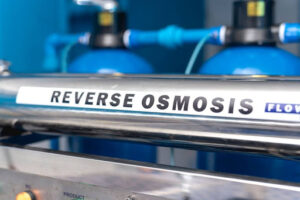While we have been experiencing mild temperatures this fall, winter is mere weeks away and soon it is likely that we will be left to rely on our home heating system to keep us warm. If you are considering replacing your Scottsdale heating system this year, you may be wondering which system type is best for your comfort needs. Replacing your system can be a stressful time considering the expense, but improved comfort and reduced energy bills make this one investment that is well worth it!
Before you make a decision, take the time to explore your options. There are two main types of heating systems that homeowners typically choose:
Furnaces:
Furnaces use an internal burner and a fuel source (usually gas or oil) to heat the heat exchanger. The heat is then distributed through the rooms in your home via the blower. Furnace energy efficiency is rated by Annual Fuel Utilization Efficiency (AFUE), which is expressed as a percentage. The most efficient furnace will have the highest AFUE percentage. The higher the energy efficiency, the more you can expect to save on monthly energy costs! Oil furnaces tend to be less efficient than gas-fired ones, with Trane systems ranging from 82-85% AFUE. On the other hand, the gas-fired Trane systems have AFUE as high as 96.7%!
Heat Pumps:
Heat pumps work just like they sound, using energy to pump heat from one location to another. This system is highly efficient because, unlike a furnace, it doesn’t have to burn fuel to create heat. Additionally, heat pumps work reversely in the summer to cool your home and therefore replace the need for an air conditioner! Heating efficiency of a heat pump is measured by Heating Seasonal Performance Factor (HSPF). The greater the factor, the more efficient the system will operate. Trane offers a number of heat pumps with HSPF as high as 9.2.
When you are ready to upgrade your heating system, your trusted Mesa heating repair company can help. Call the Rite Way of Phoenix to request a system estimate or to learn more about our high efficiency Trane systems and financing.




